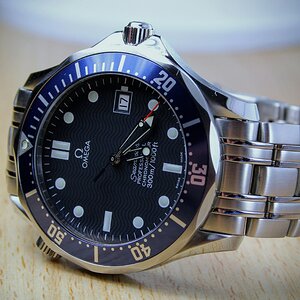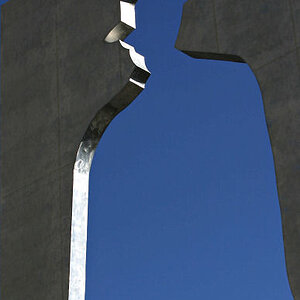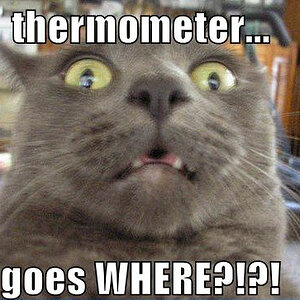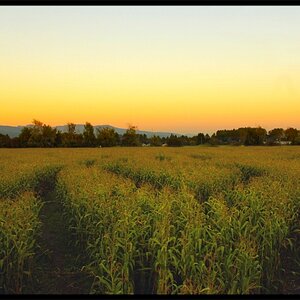Polyphony
TPF Noob!
- Joined
- Jun 25, 2010
- Messages
- 336
- Reaction score
- 0
- Location
- New York
- Can others edit my Photos
- Photos OK to edit
I'm trying to decide what next to purchase, a circular polarizer or graduated neutral density. I shoot outdoor scenery/landscapes/nature most often. I know that filters can cost quite a bit for quality ones so I'm only looking to buy one right now. I will definitely own both in the future. I like the ND because I hate blowing the sky out in my landscapes. I also love clouds that pop out. I'm not EXACTLY sure if the polarizer is much different. I know what it does and how it works but it looks like it functions the same: it brings out the sky and increases contrast between the clouds and sky. It also reduces glare if I'm shooting the ocean (which I do often). Help me decide or even throw me a different suggestion. Thanks.



![[No title]](/data/xfmg/thumbnail/37/37602-1ef8dbb1c2d0e4ff347ee65d328c3603.jpg?1619738147)



![[No title]](/data/xfmg/thumbnail/31/31094-f975d7e61424996edc28cec3b9dd70a8.jpg?1619734611)

![[No title]](/data/xfmg/thumbnail/42/42397-30faa170de7ed9be38adf00b9b26a220.jpg?1619740167)



